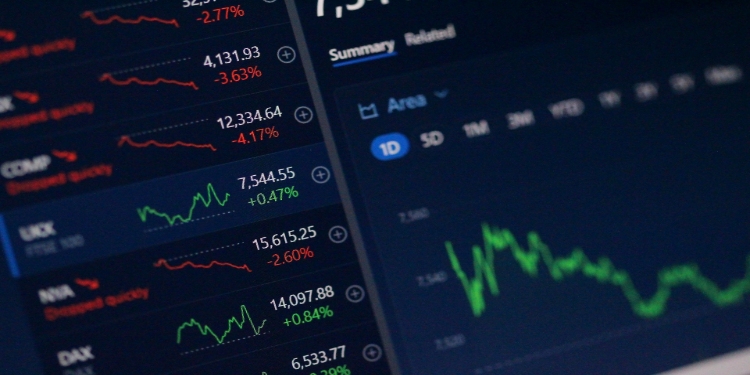In September 2025, Berkshire Hathaway confirmed that it had sold all its BYD shares, marking the end of a partnership that began more than fifteen years ago. The move has left investors wondering what it means for China’s EV market and whether Buffett will adjust his investment strategy going forward.
In 2008, Berkshire Hathaway, through its energy unit, invested roughly $230 million into BYD, acquiring about 10% of the company’s equity. At the time, BYD was barely known outside China.
The investment proved extraordinarily successful. At its peak, the stake was valued at nearly $9 billion, roughly thirty times the original investment. Buffett’s involvement also helped raise BYD’s profile among global investors, with his endorsement as the “Oracle of Omaha” giving the company a powerful credibility boost.
A Gradual and Complete Exit
Berkshire’s departure from BYD was not abrupt. Starting 2022, the firm gradually reduced its position, selling shares over several years. By early 2025, regulatory filings showed its holdings had reached zero.
This step‑by‑step exit is likely aimed at maximizing profits while minimizing market disruptions. Under the rules of the Hong Kong Stock Exchange, companies are required to disclose ownership changes when their holdings exceed key thresholds. After Berkshire’s stake fell below 5%, reporting requirements eased, providing more flexibility in completing the final sell-off.
Overall, the move reflects Buffett’s adherence to data over sentiment. It may also signal his expectations of a market slowdown similar to the one experienced by Tesla stock in recent years.
Several factors appear to have influenced Warren Buffett’s decision to exit BYD:
- Profit realized: Berkshire achieved more than 30-fold returns on the initial investment.
- Growth slowdown: BYD reported its first profit decline in three years, with domestic sales falling for four consecutive months. The company also revised its annual sales forecast to 4.6 million vehicles, about 16% lower than its previous estimate.
- Intense competition: China’s EV market has become a price war, with both domestic and foreign automakers battling for share and squeezing margins.
- Regulatory and economic concerns: A heavy reliance on government subsidies and shifting policies poses an additional risk for foreign investors.
- Investment discipline: Buffett has long emphasized disciplined capital allocation — selling even great businesses when the risk‑reward balance changes.
Implications for BYD and the Market
Following Berkshire’s announcement, BYD’s shares fell more than 3% in Hong Kong. Company executives posted on Weibo, thanking Berkshire for years of support and describing the exit as a normal investment decision.
Losing such a high-profile backer is symbolically significant. Without Buffett’s steady presence, some investors may become more sensitive to short‑term volatility, competitive threats, or regulatory shifts.
To maintain confidence, BYD will likely need to double down on technological innovation, cost efficiency, and defending its market share against rivals like Tesla, Nio, and XPeng.
For Berkshire, the exit marks the end of one of its most successful investments. It also reduces exposure to China’s volatile EV industry and frees up capital for new opportunities. The episode underscores several enduring lessons from Buffett’s playbook:
- Patience pays: Berkshire held BYD shares for fifteen years — proof that long-term conviction can yield outsized rewards.
- Timing matters: Even the most successful investments deserve re-evaluation when conditions change.
- Context is crucial: BYD’s current challenges highlight the cyclical and competitive nature of the EV industry.
- Portfolio discipline counts: Selling a winner isn’t failure — it’s often the smart way to redeploy capital.
Berkshire Hathaway’s divestment closes one of Warren Buffett’s most remarkable investment stories. It showcases both exceptional returns and shrewd timing. Now, BYD faces the challenge of sustaining its growth and leadership in the electric-vehicle market — without Buffett’s reassuring backing.
More broadly, the episode serves as a reminder that past success does not guarantee future gains. In investing, knowing when to buy and when to sell remains the ultimate skill.
David Prior
David Prior is the editor of Today News, responsible for the overall editorial strategy. He is an NCTJ-qualified journalist with over 20 years’ experience, and is also editor of the award-winning hyperlocal news title Altrincham Today. His LinkedIn profile is here.









































































